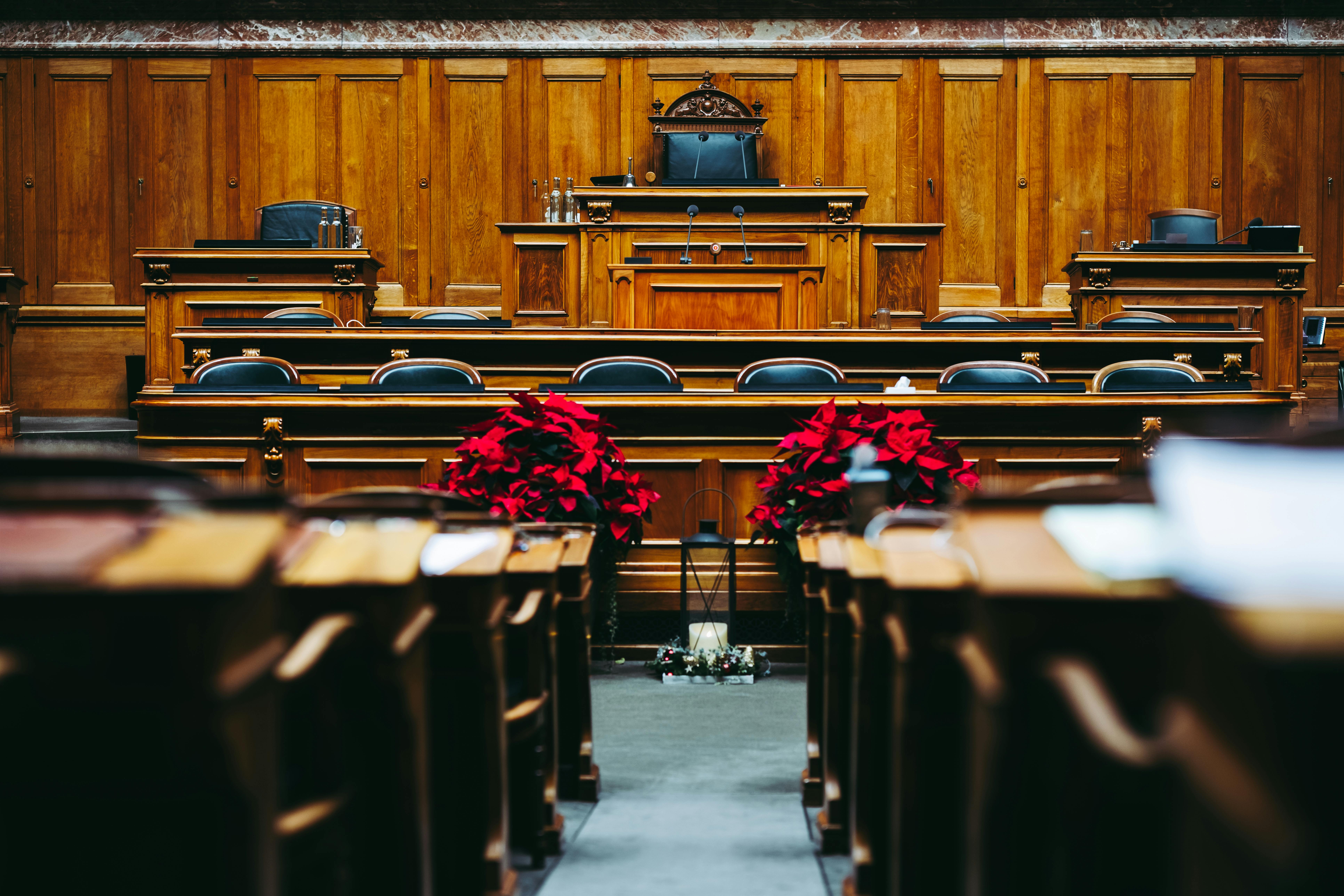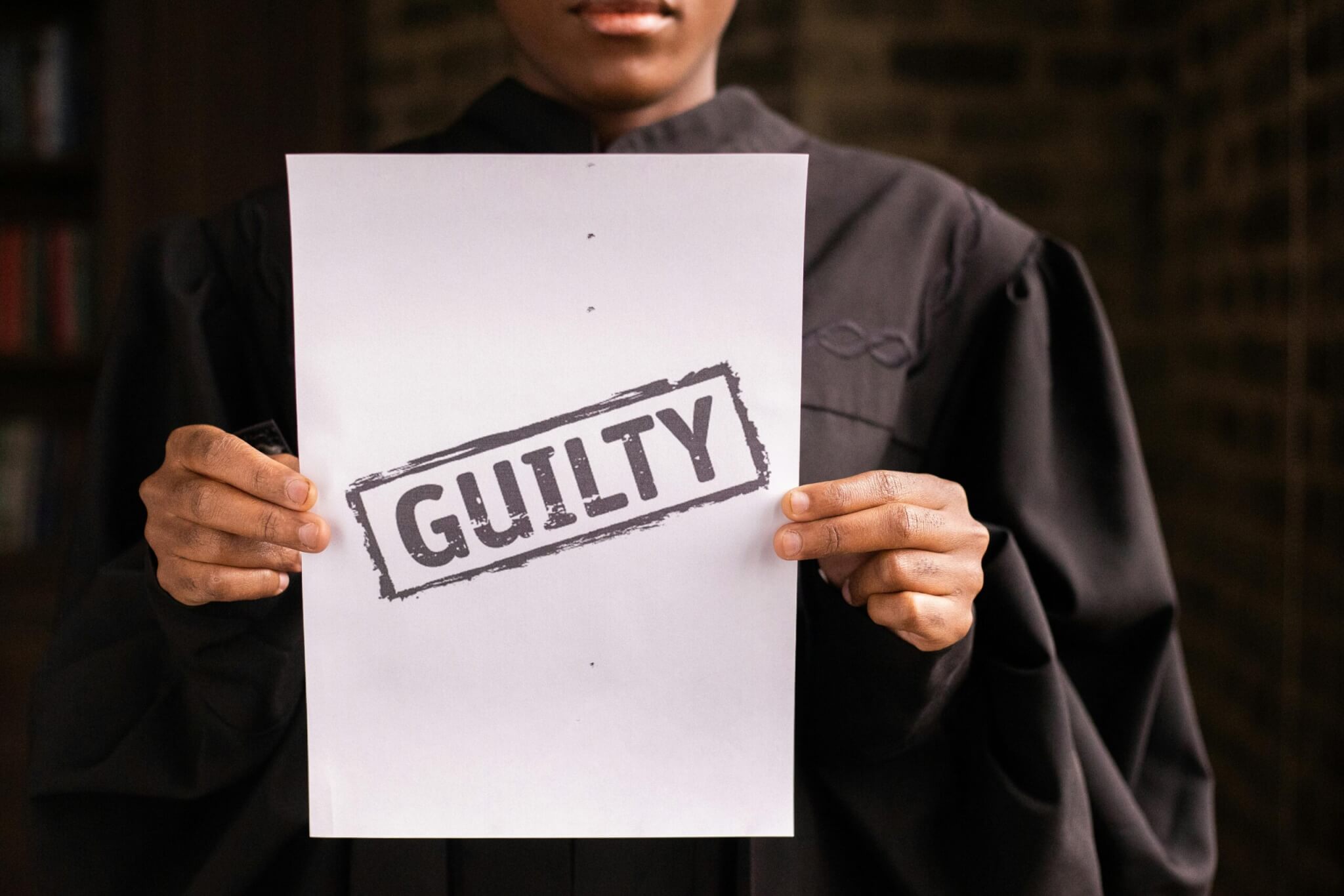Background
The adversarial legal system, widely used in common law countries such as the United States, United Kingdom, Canada, Australia, and New Zealand, is based on the principle that justice is best achieved through structured opposition between two parties.
In this system, a plaintiff or prosecutor presents their case against a defendant, with each side advocating for their position before an impartial judge or jury. Key elements include the presumption of innocence, the right to legal representation, and the requirement for prosecutors to prove guilt beyond a reasonable doubt in criminal cases.
While this system aims to ensure fairness and rigorous examination of evidence, it has long been criticized for its inefficiencies and inequities.

Origins and Justifications of the Adversarial System
The adversarial system has deep historical roots in English common law, designed to uphold individual rights and foster a diligent pursuit of justice.
Proponents argue that by allowing both parties to present and challenge evidence through cross-examination, the system increases the likelihood of uncovering the truth. The competitive structure theoretically ensures that judges and juries receive well-developed arguments, making their decisions more informed and just.
Additionally, safeguards such as evidentiary rules and judicial oversight help prevent the misuse of power and protect defendants from unfair prosecution. However, despite its theoretical strengths, the adversarial model has significant flaws, particularly in the areas of access to justice, truth-seeking, and emotional impact on participants.

Key Criticisms of the Adversarial System
Despite its widespread adoption, the adversarial system faces major criticisms, including:
- Emphasis on Winning Over Truth
The competitive nature of adversarial proceedings often incentivizes lawyers to focus on procedural tactics and legal maneuvering rather than pursuing objective truth. In some cases, attorneys may prioritize excluding evidence that harms their case rather than facilitating a full exploration of facts. This can result in verdicts that do not necessarily align with actual guilt or innocence but instead reflect which side presented the stronger argument. - Socioeconomic Disparities in Legal Representation
Access to effective legal representation is highly dependent on financial resources. Wealthier individuals and corporations can afford top-tier lawyers, forensic experts, and private investigators, whereas lower-income defendants often rely on overburdened public defenders. This imbalance can lead to significantly different case outcomes, undermining the principle of equality before the law. - Emotional and Psychological Toll on Participants
The adversarial nature of legal proceedings can be particularly distressing for victims and witnesses. Lengthy cross-examinations and aggressive questioning may retraumatize victims of crimes such as sexual assault or domestic violence, deterring them from fully participating in the process. Additionally, defendants who lack strong legal representation may struggle to navigate the system effectively, leading to unjust outcomes.

Recent Reforms Addressing Adversarial System Limitations
- Pre-Trial Procedure Reforms
In October 2024, Victoria, Australia, implemented significant changes to reduce trauma for victims of family violence, sexual offenses, and stalking. Under these reforms: – Victims are no longer subjected to pre-trial cross-examination, minimizing unnecessary emotional distress. – Testimony is collected in a manner that prevents victims from having to recount their experiences multiple times. – Committal processes have been streamlined to accelerate justice and reduce case backlogs. ([Source](https://www.heraldsun.com.au/truecrimeaustralia/police-courts-victoria/victims-to-be-spared-extra-trauma-in-victorian-legal-system-overhaul/news-story/192136b58ad6e3047d46e3dea17b3bcb?utm_source=chatgpt.com)) - Discovery Process Adjustments
In February 2025, New York’s district attorneys proposed amendments to the 2020 discovery reforms. The changes aim to: – Reduce the overwhelming burden on prosecutors by limiting the scope of initial discovery obligations. – Ensure that only relevant and necessary evidence is disclosed upfront. – Prevent unnecessary case dismissals due to procedural issues, thereby increasing the likelihood of fair trials. ([Source](https://www.timesunion.com/opinion/article/proposed-tweaks-discovery-reforms-make-system-20148743.php?utm_source=chatgpt.com)) - Expansion of Restorative Justice Programs
Restorative justice programs are gaining traction as an alternative to traditional adversarial proceedings. These programs focus on reconciliation between victims and offenders, often involving mediated dialogue where offenders take responsibility for their actions. Research suggests that restorative justice can lead to lower recidivism rates and greater victim satisfaction compared to conventional trials.

Organizations Working to Reform the Adversarial System
Several organizations and initiatives are actively working to address the system’s flaws and promote fairer legal outcomes:
- Fair Trials A UK-based non-governmental organization, Fair Trials advocates for fair trial rights worldwide. It conducts research, lobbies for policy reforms, and provides legal support to individuals facing unjust prosecutions.
- Participatory Defense This community-driven movement empowers individuals and their families to play an active role in their defense. By mobilizing community support, gathering evidence, and providing legal education, Participatory Defense helps balance disparities in legal representation.
- International Bridges to Justice (IBJ) Headquartered in Geneva, IBJ focuses on strengthening legal protections in developing countries. It provides technical support, trains defense lawyers, and raises awareness about human rights to prevent torture and ensure fair trials.
- The Sentencing Project A U.S.-based organization, The Sentencing Project works to reform sentencing laws and promote alternatives to incarceration. It advocates for racial and economic justice in the criminal legal system, focusing on reducing disparities in sentencing outcomes.

The Future of the Adversarial System
While the adversarial system remains a cornerstone of justice in many countries, ongoing efforts to reform its deficiencies are crucial.
The adoption of trauma-informed legal practices, increased funding for public defenders, and broader use of alternative dispute resolution mechanisms could help create a more just and compassionate system.
As reforms continue, it will be essential to balance the principles of due process with the evolving needs of a fair and equitable legal landscape. By incorporating these developments and highlighting the work of organizations addressing systemic issues, we move toward a justice system that is not only adversarial but also fair, accessible, and centered on truth and human dignity.

